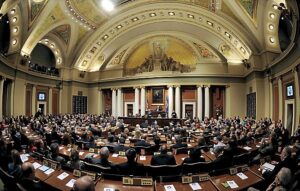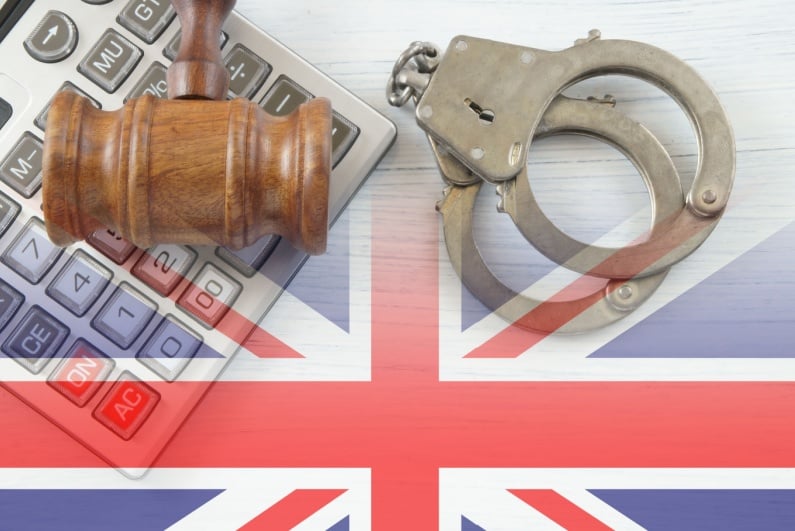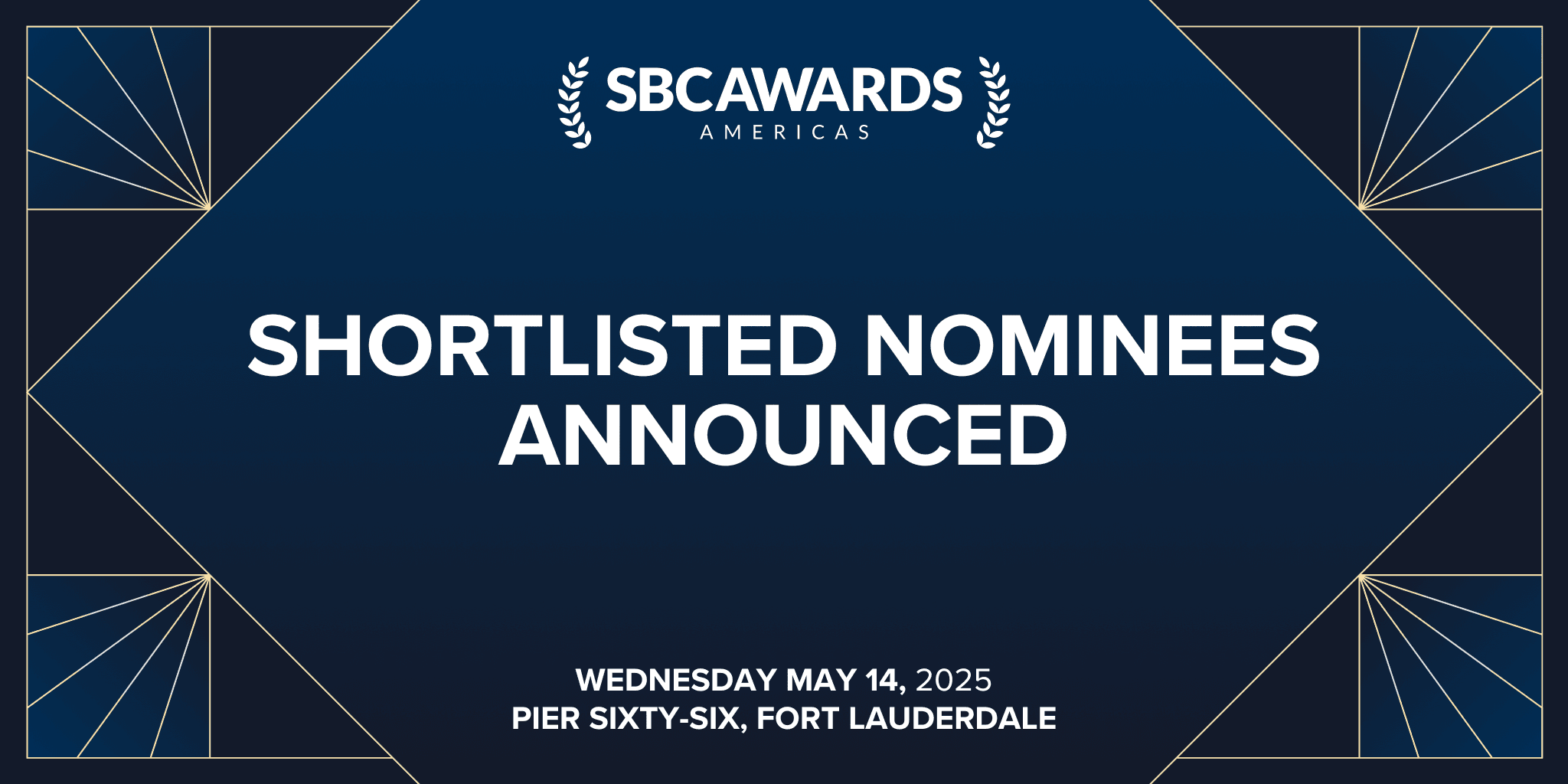Minnesota Sports Betting Bill Revived But Time Running Out
Share This Tags
Minnesota Legislature
The ongoing saga of Minnesota’s sports betting legalization efforts has taken a new turn, with the recent introduction of a bill that aims to address the complex landscape of gambling regulations in the state.
The latest development in Minnesota’s sports betting saga is the introduction of House File 5274, which incorporates the language from the previously introduced House File 2000 – the primary sports betting bill championed by Representative Zack Stephenson (DFL).
This bill, which was recently advanced by the House Ways & Means Committee, aims to address the ongoing dispute between the tribes and the racetracks over the approval of historical horse racing (HHR) machines at the tracks. The tribes believe that the introduction of these slot machine-like devices infringes on their gambling exclusivity, while the tracks argue that they are necessary to maintain their competitiveness.
At the heart of the debate is the tribes’ desire for sports betting exclusivity, which they currently enjoy with casino gaming. The tribes have demonstrated their ability to influence the legislative process, having successfully blocked sports betting legislation in the past through their strong relationship with the DFL party.
On the other side, the state’s two racetracks, Running Aces and Canterbury Park, have expressed their desire to be included in the sports betting market. They argue that the $625,000 allocation to the Minnesota Racing Commission in Stephenson’s bill is not enough to adequately address their needs and concerns.
The path to passing a sports betting bill in Minnesota has been further complicated by the recent turmoil in the state’s Senate. The arrest of DFL Senator Nicole Mitchell has led to a shift in the Senate’s power dynamics, with Republicans hoping to leverage the situation to their advantage.
This Senate dysfunction has raised doubts about the likelihood of a sports betting bill passing this session, as issues requiring bipartisan support, such as sports betting, face an uphill battle in the current political climate.
Despite the challenges, stakeholders in Minnesota’s sports betting debate remain cautiously optimistic about the potential for a compromise. Heading into this legislative session, there were hopes that the tribes and the racetracks were working to find a mutually acceptable solution.
However, as the session has progressed, it appears that existing hurdles have grown, and a middle ground is yet to be found. Lawmakers and industry representatives must continue to engage in constructive negotiations to bridge the gap between the tribes’ desire for exclusivity and the tracks’ demand for inclusion in the sports betting market.
Stephenson’s sports betting proposal, as outlined in House File 2000, provides a potential framework for a compromise. The bill grants the state’s 11 tribal casinos exclusivity in the sports betting market, while also securing the support of the state’s professional sports teams.
The legislation also proposes a 20% tax on sports betting revenue, which could generate much-needed revenue for the state. However, the tracks’ dissatisfaction with the $625,000 allocation to the Minnesota Racing Commission remains a significant obstacle that must be addressed.
As the legislative session winds down, with a scheduled end date of May 20, the prospects for a sports betting bill’s passage this year appear uncertain. Lawmakers and stakeholders must work quickly to find a solution that satisfies the diverse interests at play.
The internal opposition within the DFL party, combined with the Senate’s dysfunction, creates a challenging environment for a bipartisan agreement. Overcoming these hurdles will require a concerted effort from all parties involved, as well as a willingness to compromise and find common ground.
As the legislative process unfolds, it is essential to understand the various stakeholder perspectives and concerns that are shaping the debate. The tribes’ desire to protect their gambling exclusivity, the tracks’ push for inclusion, and the lawmakers’ need to find a bipartisan solution all contribute to the intricate nature of this issue.
Addressing these concerns and finding a mutually acceptable compromise will be crucial for the successful legalization of sports betting in Minnesota.
As Minnesota’s sports betting saga continues to unfold, it is clear that the path forward will require a delicate balance of political maneuvering, stakeholder negotiations, and a willingness to compromise. The stakes are high, as the legalization of sports betting could have significant implications for the state’s gaming industry and its broader economic landscape.
Whether the current legislative session will see a breakthrough or if the sports betting debate will carry over to future sessions remains to be seen. Nonetheless, the ongoing efforts to find a solution that satisfies all parties involved will undoubtedly shape the future of gambling in the North Star State.



 2024-05-13
2024-05-13















